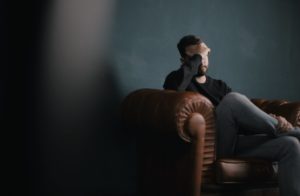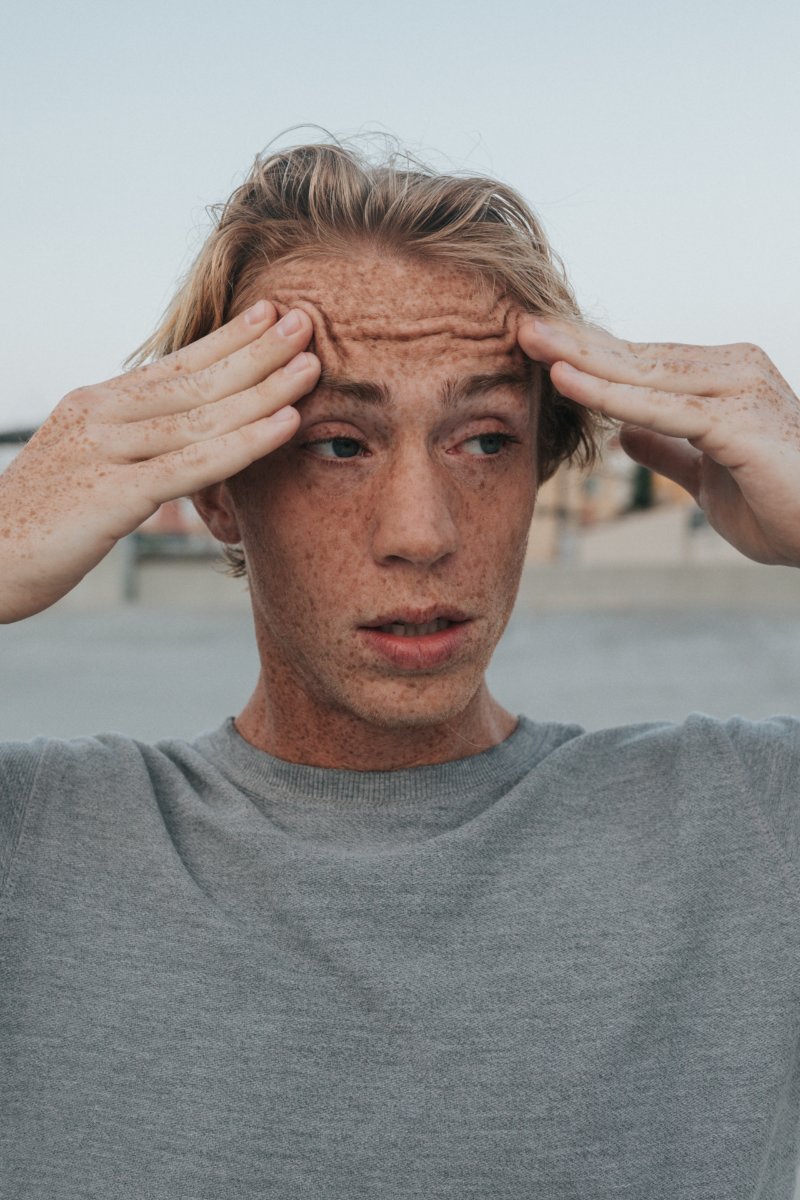
April Moran, LCSW-C is a Cognitive Behavioral Therapist who specializes in the treatment of anxiety disorders in adolescents, adults and families. As a member of the Claire Marie Foundation Medical Advisory, she offers this insight for young cancer patients – and anyone seeking help in coping with the uncertainty that is COVD-19.
This week is Adolescent and Young Adult Cancer Awareness Week, yet this year the focus for any adolescent or young adult is different. Their focus might be on how their treatment has been interrupted and or put on hold due to the COVID 19 crisis. Expected anxiety about their cancer diagnosis has been replaced with anxiety about access to treatment. The thing is, cancer doesn’t quiet down or go to sleep just because hospitals and treatment centers are either now a place of high risk for our youth or shut down all together. It’s as if a banner saying “I’m living with uncertainty x10” is flying over them. Read on to get some answers.
- Look at your thoughts. Finding a way to accept this current COVID situation and manage our feelings of powerlessness without falling into despair is of immediate importance right now. We don’t get to choose what is happening, but we get to choose how we respond to it. When we feel powerless, our power is always in how we respond. This concept drew me to cognitive therapy as a young therapist. Our thoughts directly create our emotions. If you have the thought “this is awful, and I can’t handle it”, you will undoubtably feel anxious and afraid. If you change your thought to “I’ve had lots of challenges before. I don’t like this uncertainty, but I’m finding ways to handle it one day at a time”, you will feel less anxious and possibly hopeful. As someone battling cancer, the feeling of hope is important to your physical and mental health.
- Create Meaning and Practice Gratitude. One of the ways we can choose to cope is to do things that create meaning. Martin Seligman is a therapist I have long admired. He talks about how when we pursue meaning (starting a peer support group) and connect (reaching out to other adolescents and young adults with cancer to check on them) we will experience positive emotion. This is the control we do have. As a therapist, I often ask my young clients going through times where they experience high levels of powerlessness to practice gratitude. This video by Dr. Sood best illustrates what I’m talking about. https://www.youtube.com/watch?v=GZZ0zpUQhBQ
- Do something you are good at. Another important way to manage during this time and give you a sense of control is to do something you are good at once a day. It could be anything from yoga to making others laugh. You will feel a quick surge in your mood.
- Set up “worry time”. Sometimes despite all efforts – worry and “what if” thoughts seep into our minds. Sometimes it feels impossible not to worry. Set up a “worry time” for about 15 minutes a day at the same time, every day. This is called containment and will help you let go of your worry and stay more present in your day when it’s not “worry time”. When worries inevitably come, acknowledge them, do your best to remind yourself about worry time and shift your attention to connecting with others, distracting yourself with a movie or doing anything that brings meaning. This will help you stay more present and connected in the moment.
- Connect-even if you don’t feel like it. Last but probably most important, try to virtually connect with others. Group time is essential and helps everyone feel that connection to others – that need to be included. Being “part of a tribe” goes back to early survival and not getting eaten by wildlife. It was physically safe to be part of a tribe. Evolution is slow and our brains still register physical danger even if the danger now is emotional. Right now, with the need to isolate, we are having a very high stress response to being alone and apart from our tribe. Teens and young adults with cancer need to create ways to connect more than ever.
There will be a time when things return to “normal”. Your treatment will get back on track and you will find new ways to adapt for now. Having hope gives you the courage to survive. Take this one moment at a time, one hour at a time, one day at a time.
For more information or to contact April Moran, explore her website

April Moran, LCSW-C



Comment(1)-

- June 2025 (2)
- April 2025 (1)
- March 2025 (1)
- October 2024 (3)
- June 2024 (2)
- October 2023 (2)
- June 2023 (1)
- May 2023 (1)
- January 2023 (1)
- November 2022 (1)
- August 2022 (3)
- May 2022 (1)
- April 2022 (2)
- May 2021 (1)
- April 2021 (1)
- October 2020 (1)
- September 2020 (1)
- July 2020 (2)
- May 2020 (4)
- April 2020 (1)
- July 2019 (1)
- June 2019 (3)
- May 2019 (1)
- November 2018 (1)
- September 2018 (3)
- June 2018 (1)
- April 2018 (1)
- January 2018 (2)
- July 2017 (8)
- June 2017 (13)
- April 2017 (3)
- March 2017 (3)
- February 2017 (1)
- January 2017 (1)
- October 2016 (1)
- June 2016 (2)
- May 2016 (1)
- March 2016 (1)
- December 2015 (2)
- August 2015 (1)
- June 2015 (1)
- May 2014 (2)
Juianne kavoussi says
April 7, 2020 at 8:05 pmThank you to April!
These are wonderful life strategies offered to help young people during Adolescent and Young Adult Cancer Awareness Week. Just perfect timing all around.
We reside on Long Island and these helpful strategies will help my family and friends cope with the daily uncertainties we are facing here with Covid. More importantly, the life skills and coping techniques you have offered to support young people coping with cancer are most poignant, useful , wise and simple to live by. Thank you so much . I will also be following these brilliant methods to decrease uncertainty and anxiety in these next couple of weeks. Many thanks.
Julianne
Post Archives
Post Categories